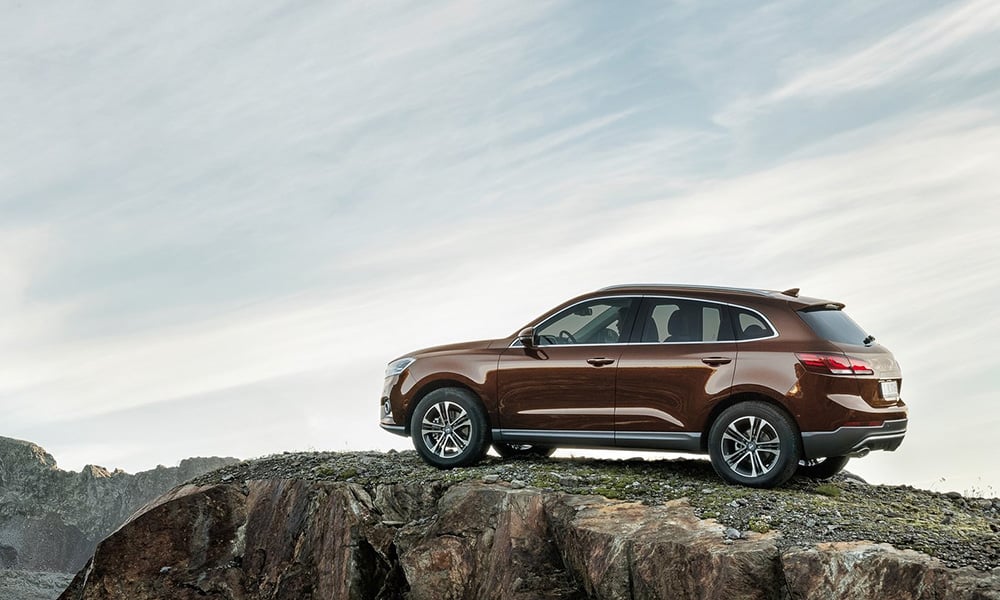
Last year saw a rise in new or reintroduced brands from Mainland China, and this year would be a test to see if they survive and thrive in the Philippine market. Some haven’t survived the test of time, especially after 2020, and as we wrap up the Lunar New Year celebration, here are four Chinese brands that no longer exist (at least for the time being).
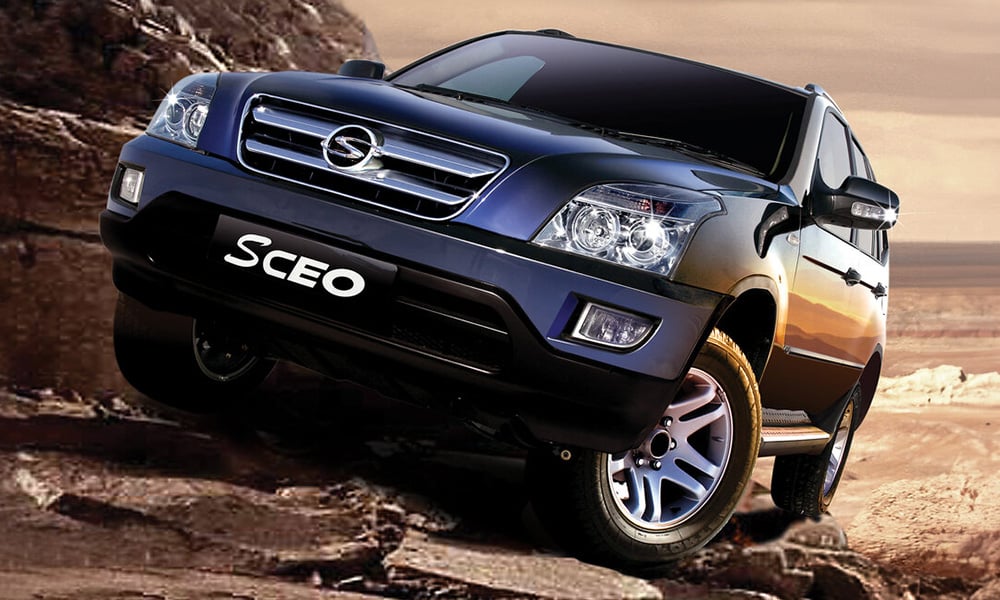
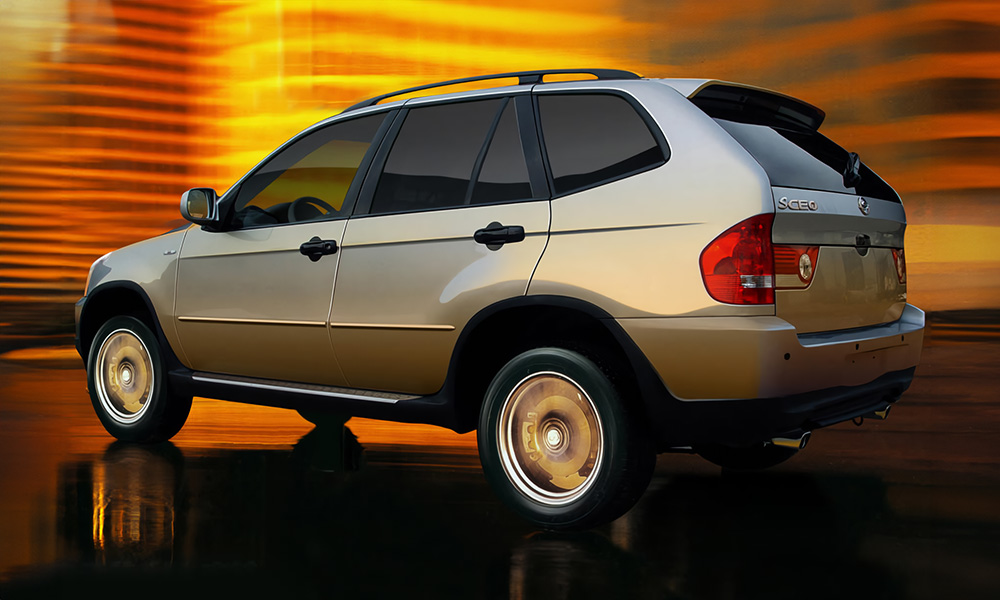
In the past, Chinese companies have been notorious for infringing copyright from foreign marques, and even its citizens found their tactics embarrassing. Thankfully, the current creams of the crop have learned from these mistakes, especially after two distinct companies were taken to court.
Shuanghuan had two different lawsuits that initially favored its side. In 2005, the Hebei-based manufacturer created a midsize crossover called the S-CEO. BMW tried to stop its European release through the Italian court as it bore a striking resemblance to the first-generation X5 (with some cues of the X3). The Bavarians lost the case, only limiting its ban in Germany.
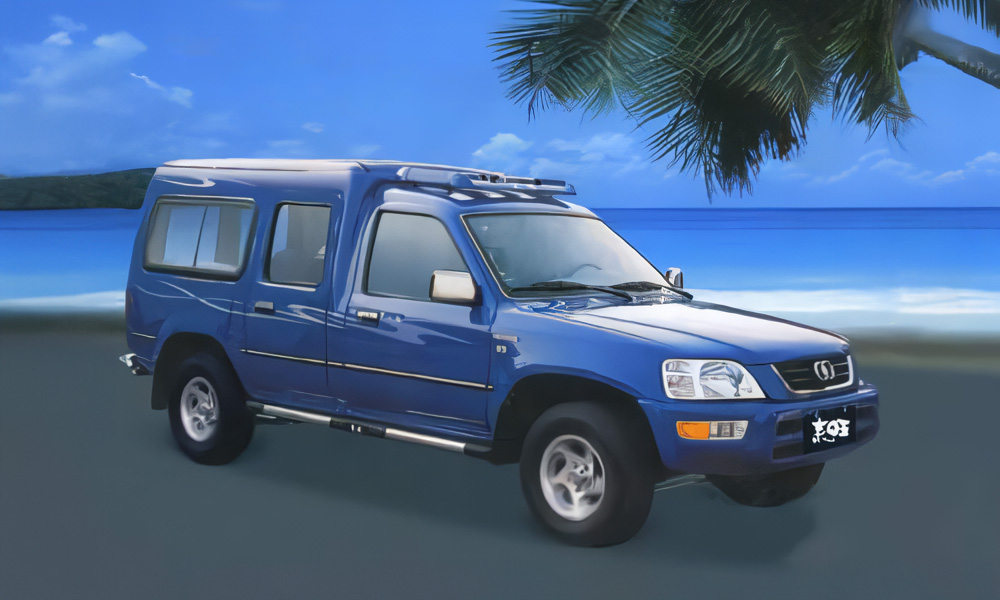
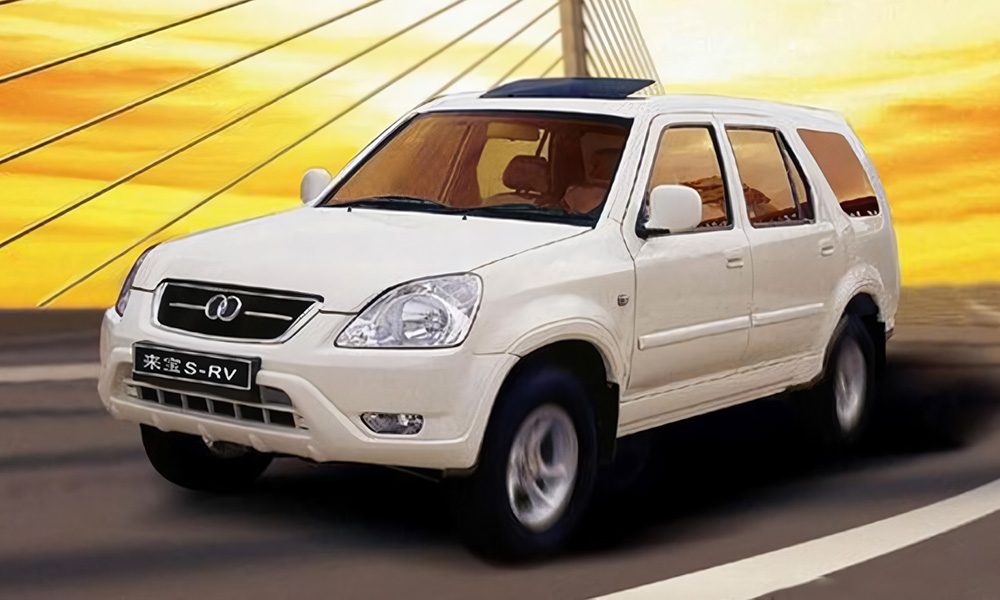
Not everything had a peachy ending. In 2003, Honda went after the brand for copying the second-gen CR-V to create the Laibao S-RV (clever name there), but since the design wasn’t patented domestically, the home court dismissed the case. It wasn’t until 2016 that justice was served, forcing Shuanghuan to pay 16,000,000 Chinese yuan (about P140 million in 2024).
In the end, Shuanghuan was one of 13 manufacturers declared as “ghost companies” in 2016, whether or not the trips to the courtroom had anything to do with its financial position.
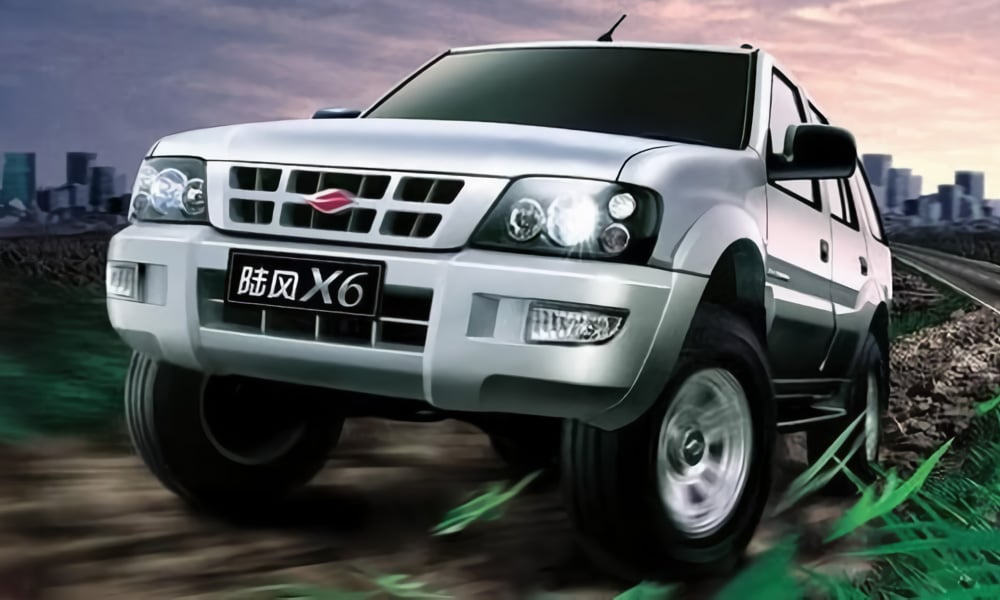

Landwind was a joint venture between JMC and Changan, creating ladder-framed SUVs and reverse-engineered old Isuzus. Its first efforts were the X6 and the X9, both inspired by the Mu/Rodeo from the Japanese truck brand but running on a dedicated platform.
However, a crash test conducted by the German motoring group ADAC crushed any hopes for the European crowd after a terrible initial result at 64km/h, and the improvements afterward were too little and too late.
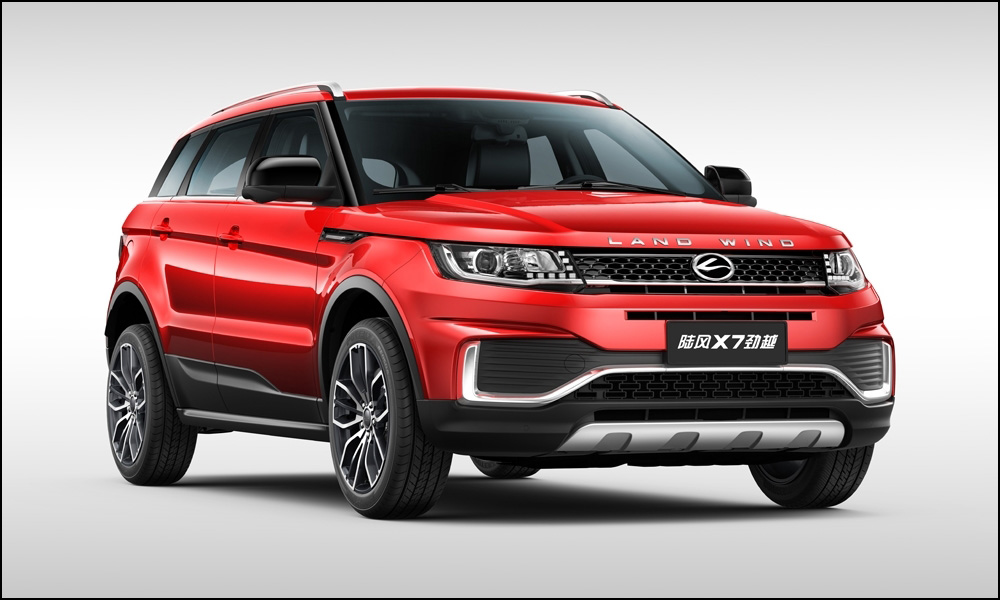
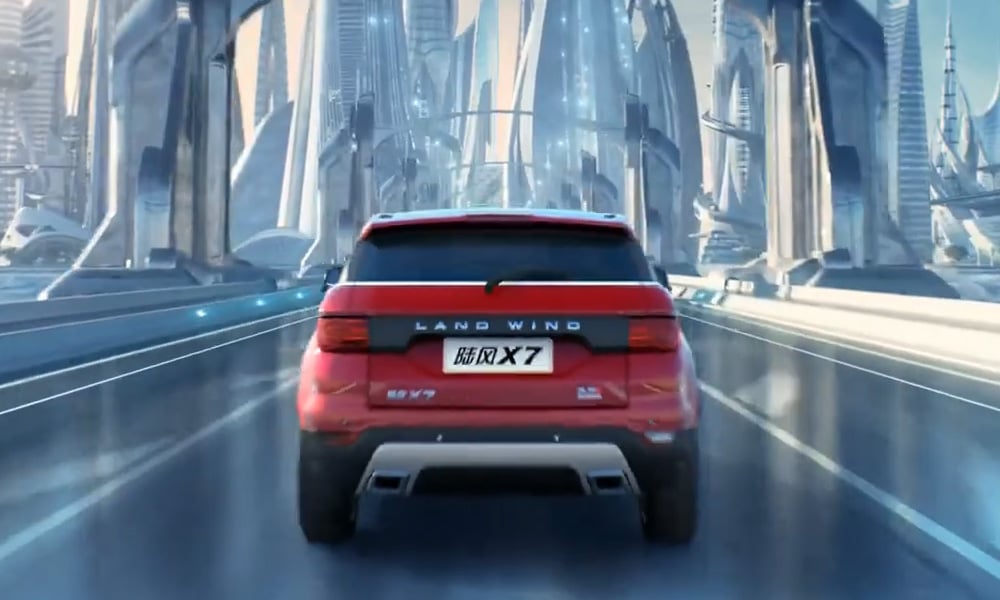
It wasn’t the last time Landwind disgruntled the region when the X7 took familiar cues from the Range Rover Evoque. Jaguar Land Rover wasn’t flattered by the imitation, and sued Landwind for copyright infringement and unfair competition, but only the latter favored the British side.
Regardless, Landwind shut its doors in 2021 due to dwindling sales and unpaid obligations from a supplier, giving the factory keys to Changan.
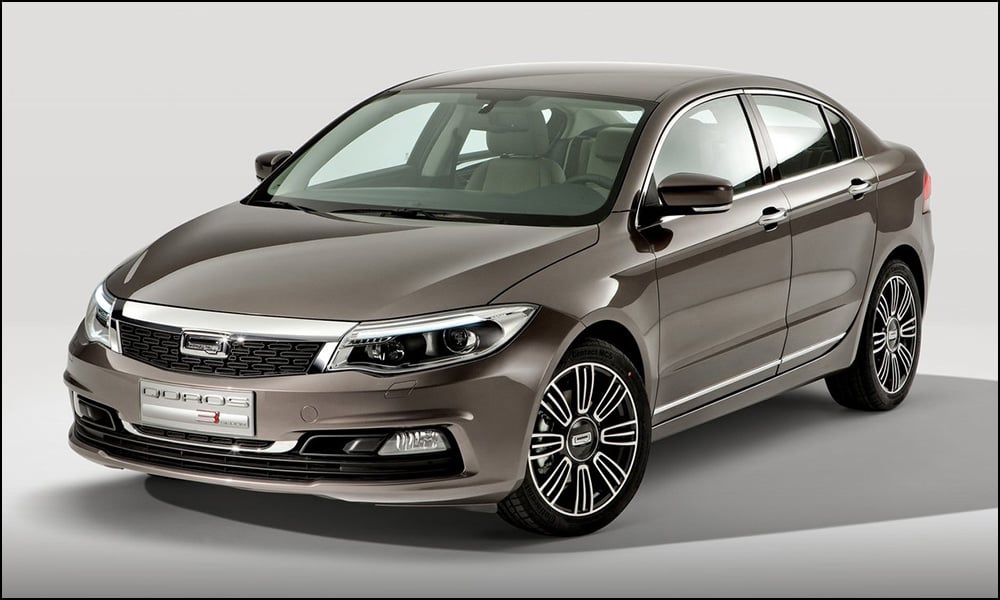
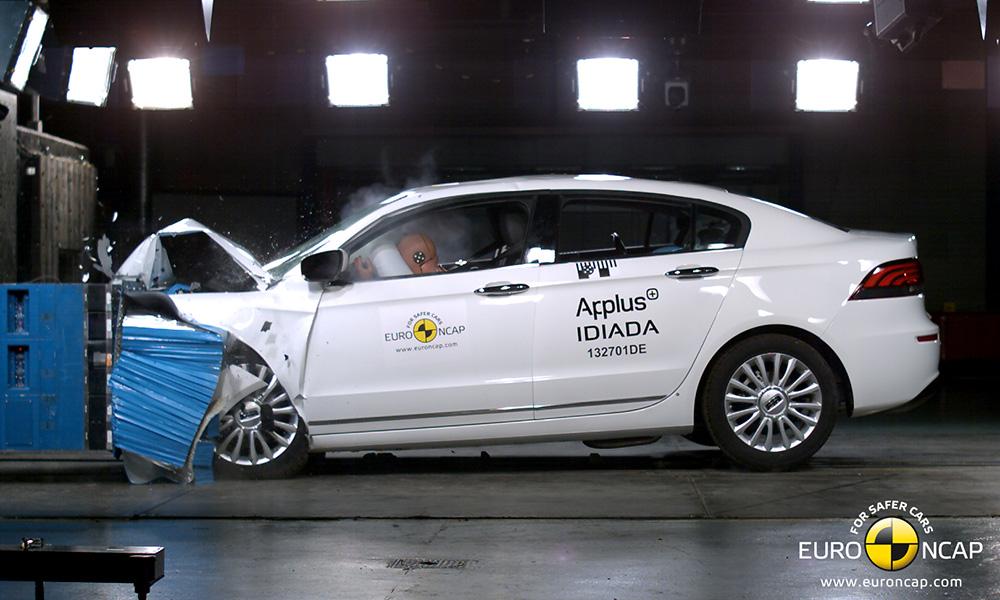
As time went on, the major Chinese brands were tired of being the butt of the joke in the international sphere, even going as far as poaching well-renowned designers from other brands.
Qoros, a former joint venture between Chery Automobile, Israel Corporation, and Singapore-based Kenon Holdings, aimed to engineer vehicles designed for the European market. Both parties enlisted Magna Steyr, Continental Tires, and Bosch as technical partners, and famed German designer Gert Hildebrand to lead the corporate look.
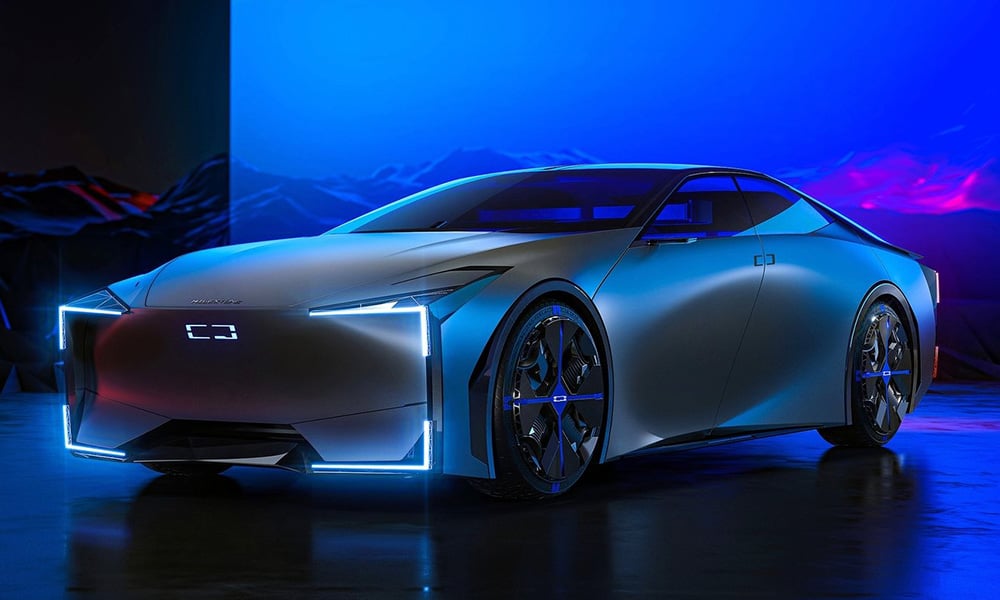
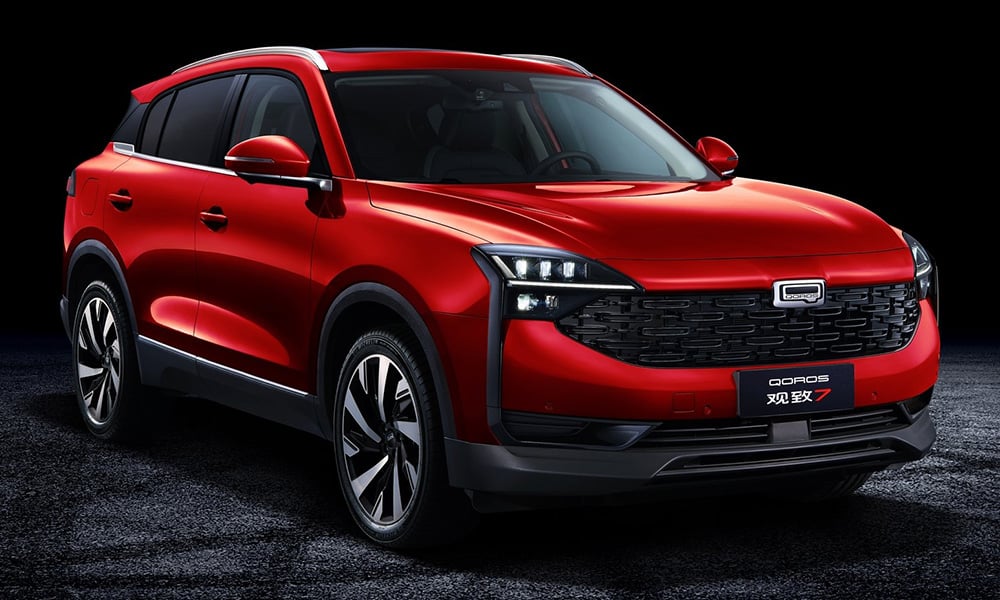
Its first model, the Qoros 3, was touted as the first Chinese car to score five stars in the European New Car Assessment Program (Euro NCAP), even ranked as the safest vehicle of 2013. Despite its goals and Geneva debut, the brand never officially took off in the European Union due to falling exchange rates in 2017.
The Qoros 7 was its first model released in 2020 after the Baoneng Investment Group acquired most of Qoros’s shares. Unfortunately, it was also the last hurrah of the brand after filing for bankruptcy in 2022.
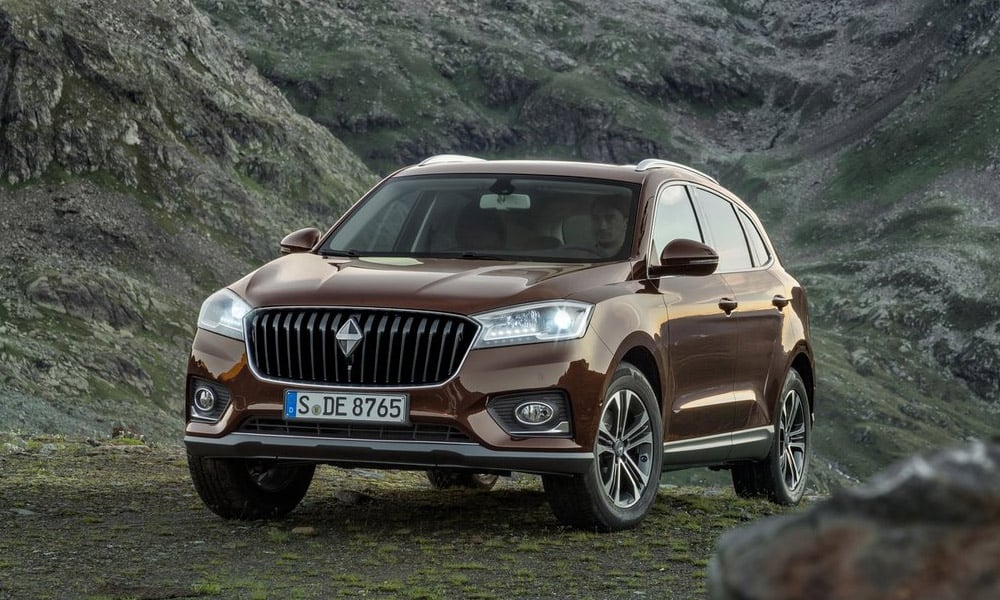
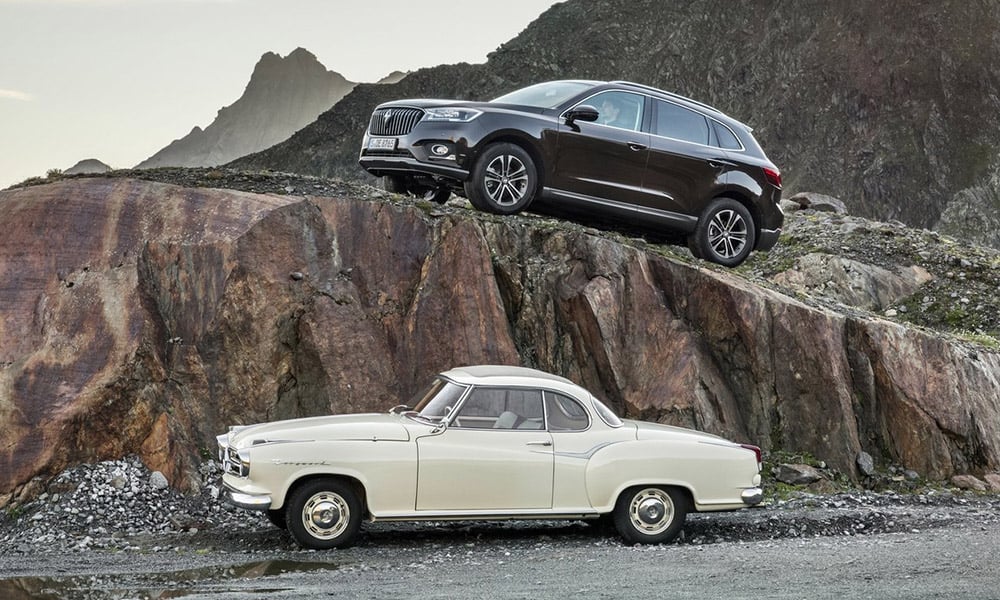
Borgward was a German manufacturer established in 1933 until its controversial bankruptcy in 1963. Christian Borgward, the grandson of the late founder Carl F. W. Borgward, expressed his desire to revive his family’s legacy, and started his own automotive venture, bringing his grandfather’s intellectual property along for the ride.
Fast-forward to 2014, Foton acquired the rights to the Borgward name and reestablished the legacy brand in 2018, similar to how SAIC Motor did with MG Rover. However, its first model—the BX7—didn’t showcase any nods to its past or uniqueness compared to its domestic competitors in Germany and China.
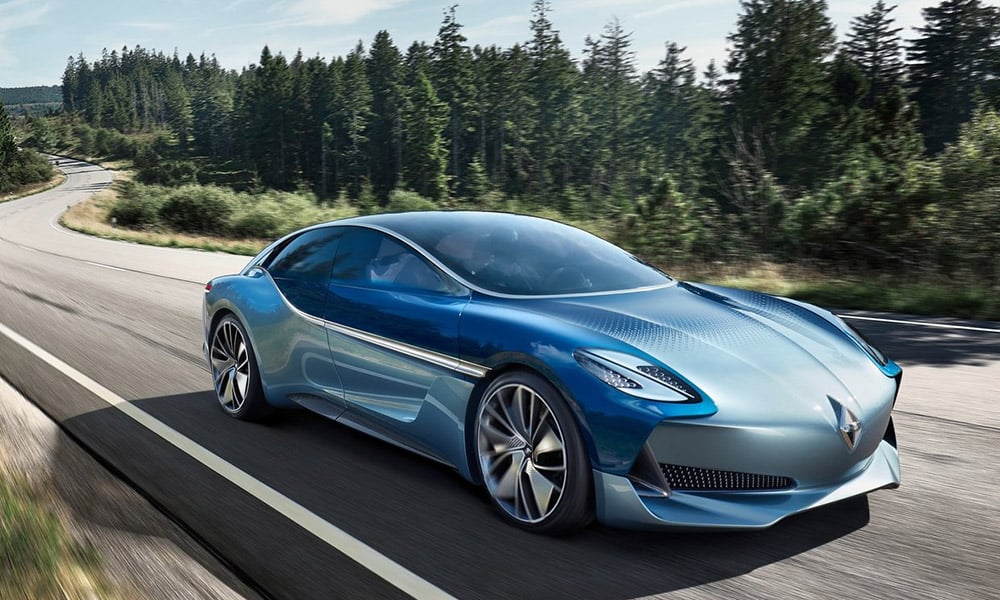
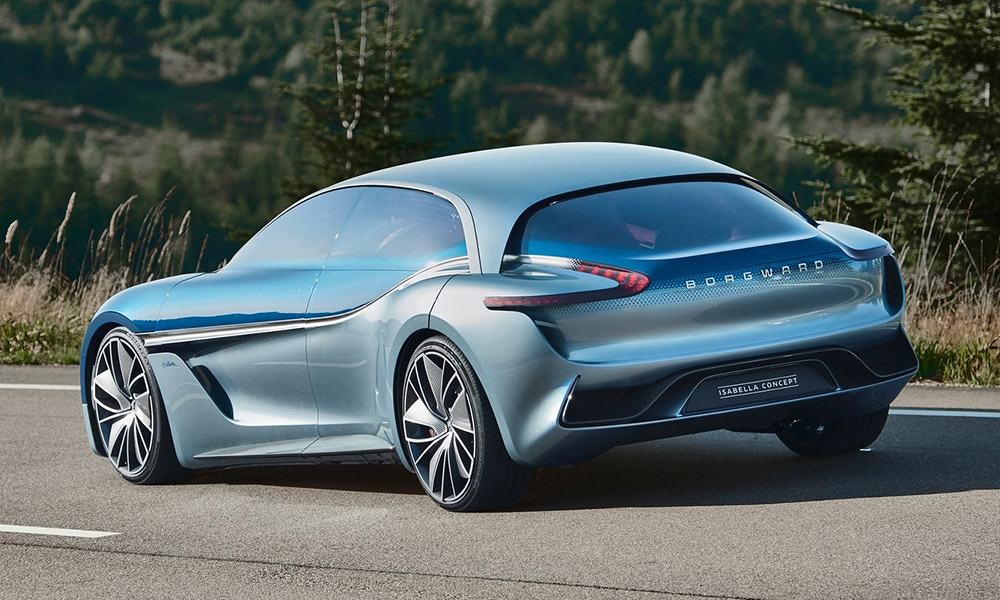
Instead, it was just another angry-looking Chinese compact crossover with a vaguely nostalgic logo. The rest of its lineup included smaller SUVs, while the 2017 Isabella Concept promised a continuation of the brand’s heritage. Before that would ever happen, Foton sold 67% of its shares to a vehicle rental firm, UCAR Group.
The lackluster sales—made worse by the COVID-19 pandemic, unpaid debt, and a scandal relating to UCAR founder Charles Lu—bankrupted the Borgward brand for the second time in 2022.


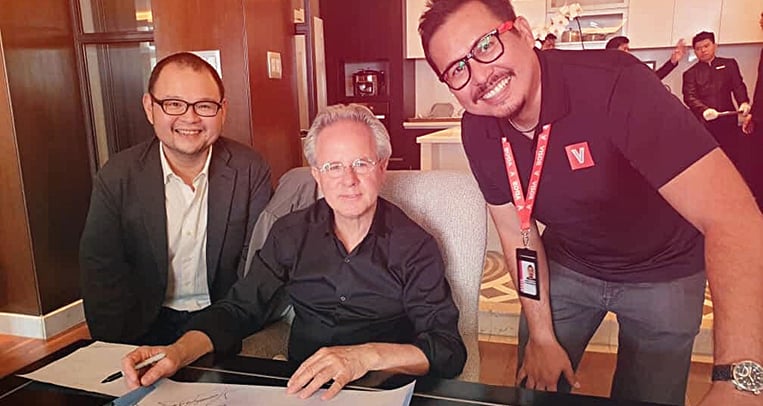
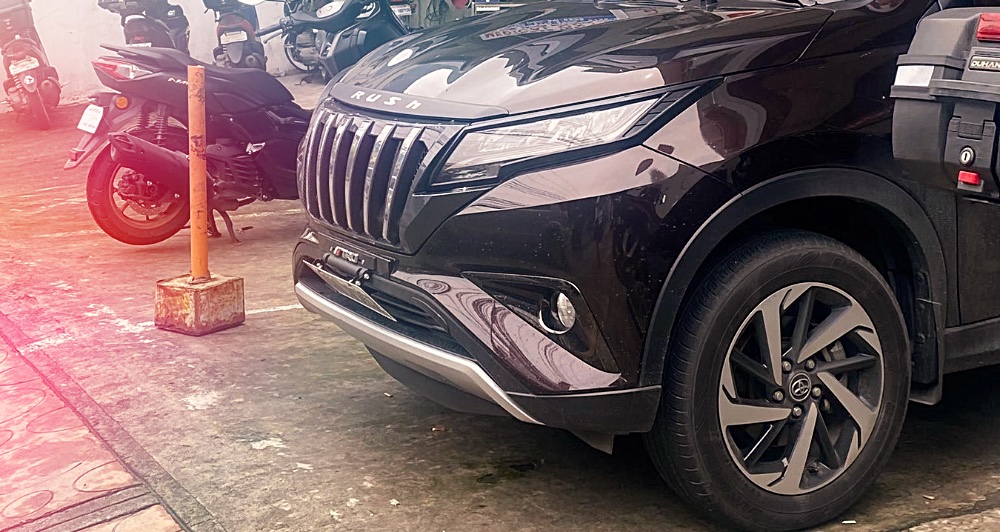
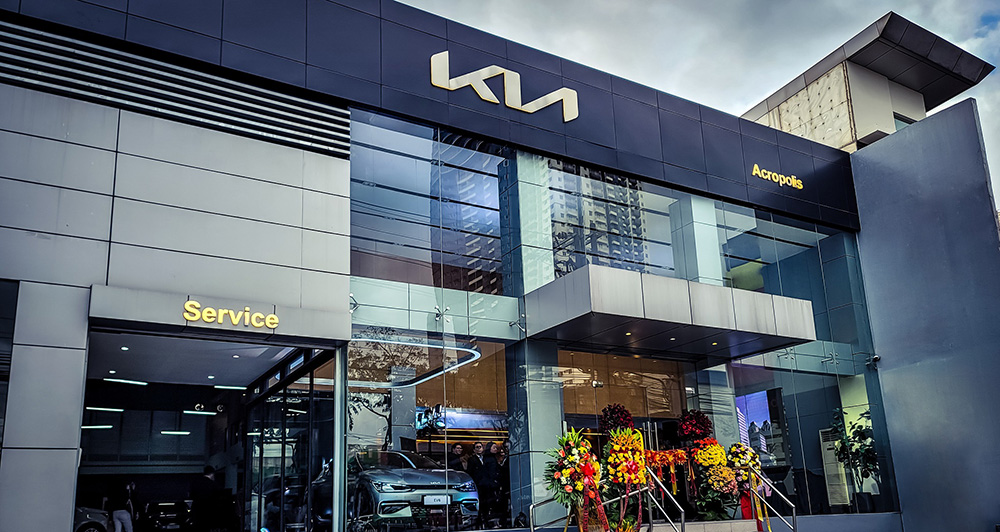
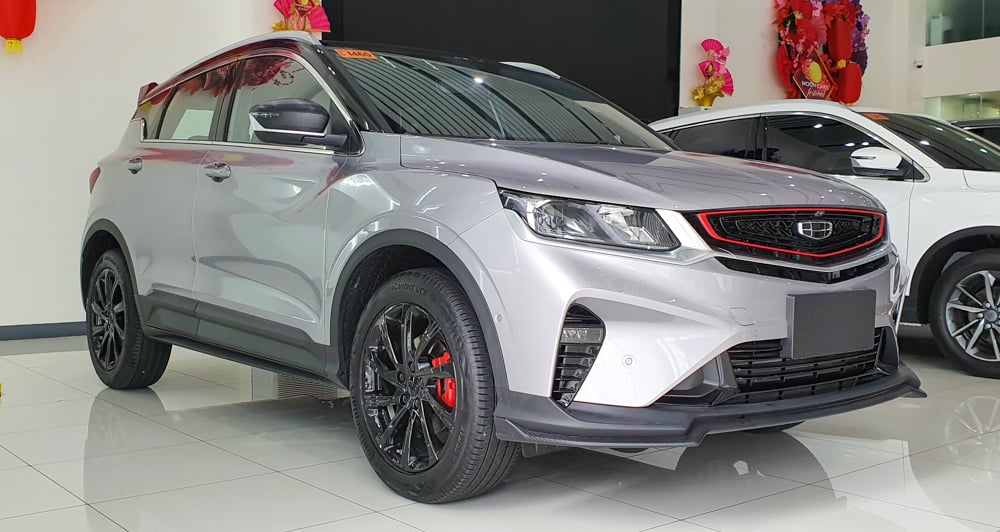
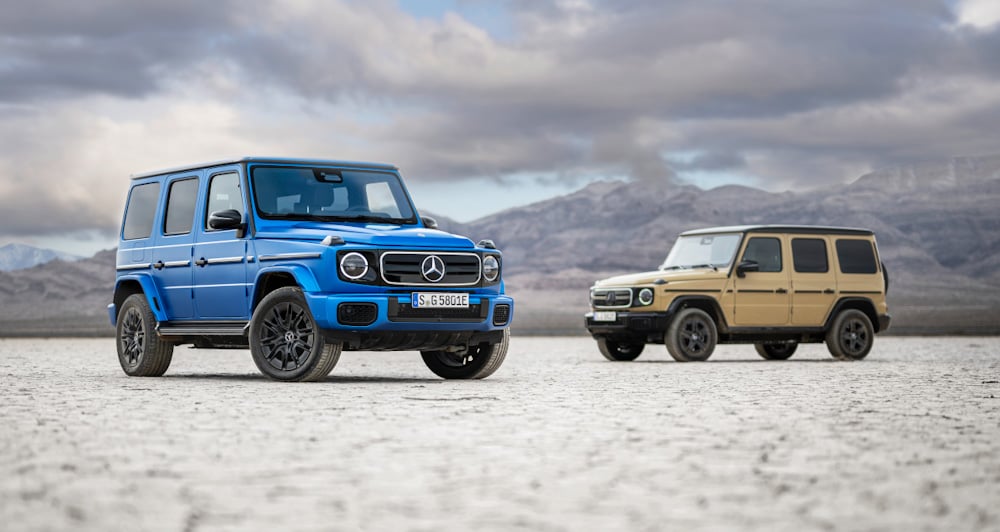
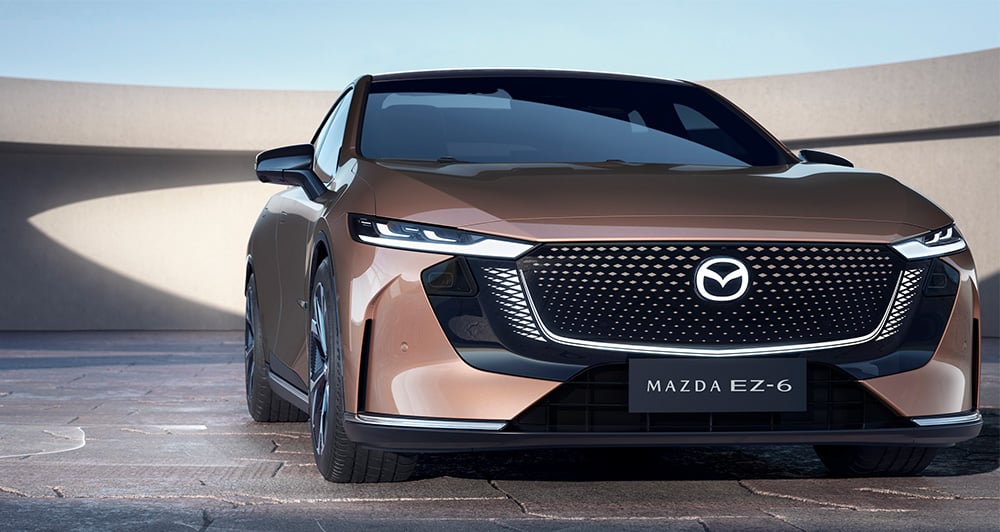
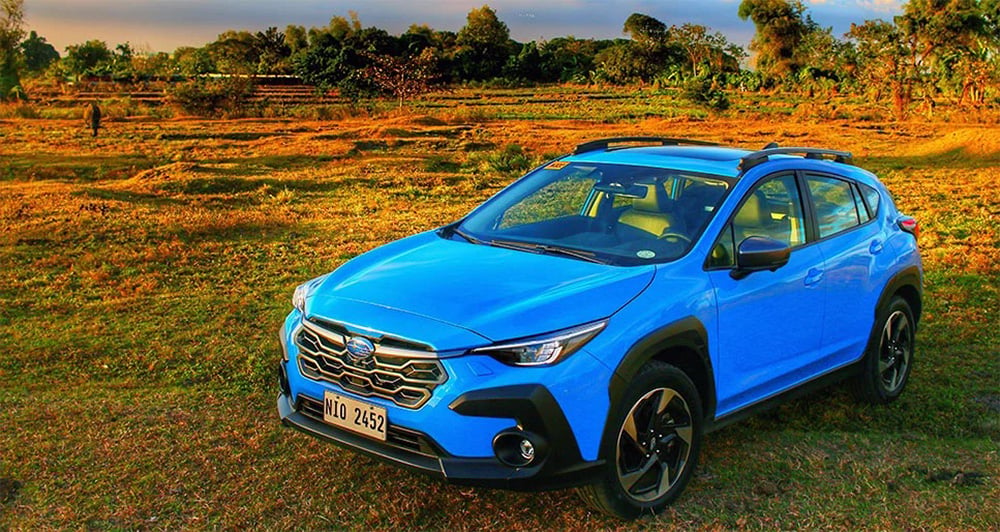
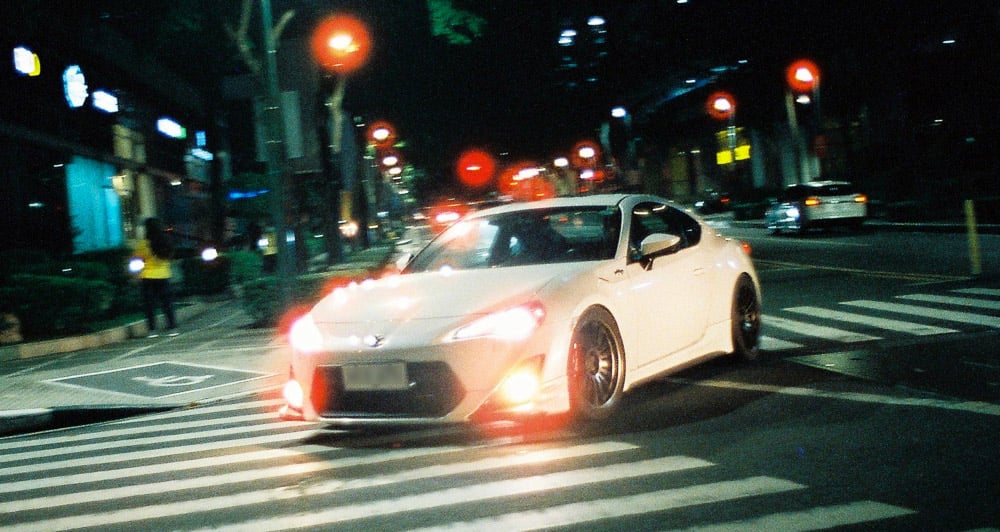
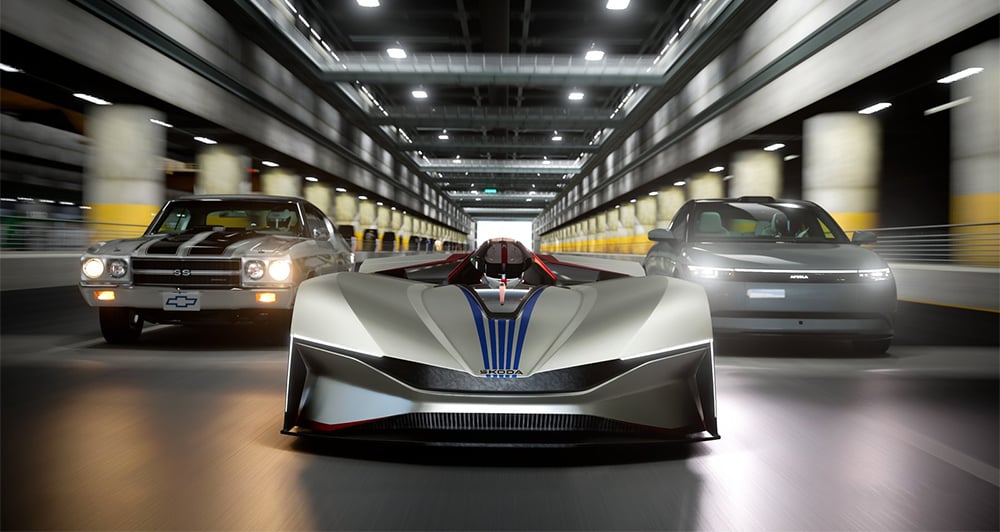
Comments